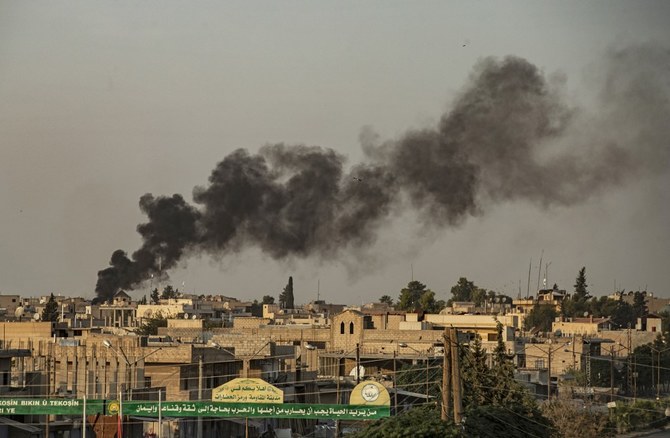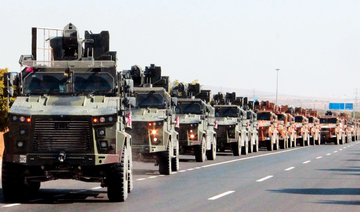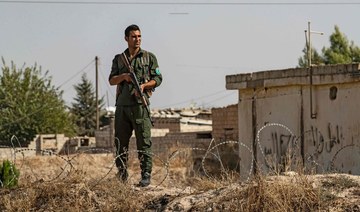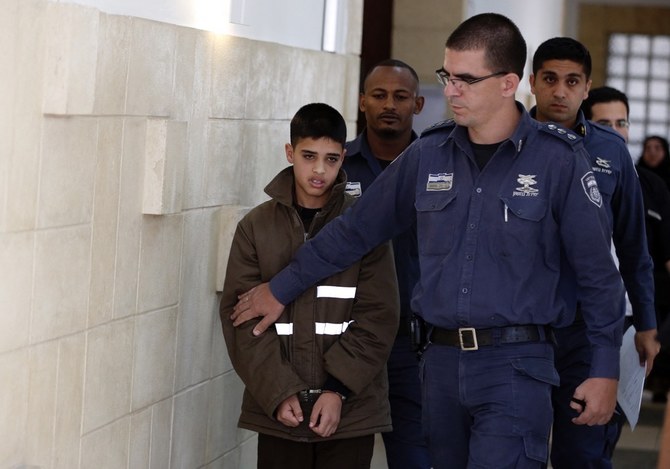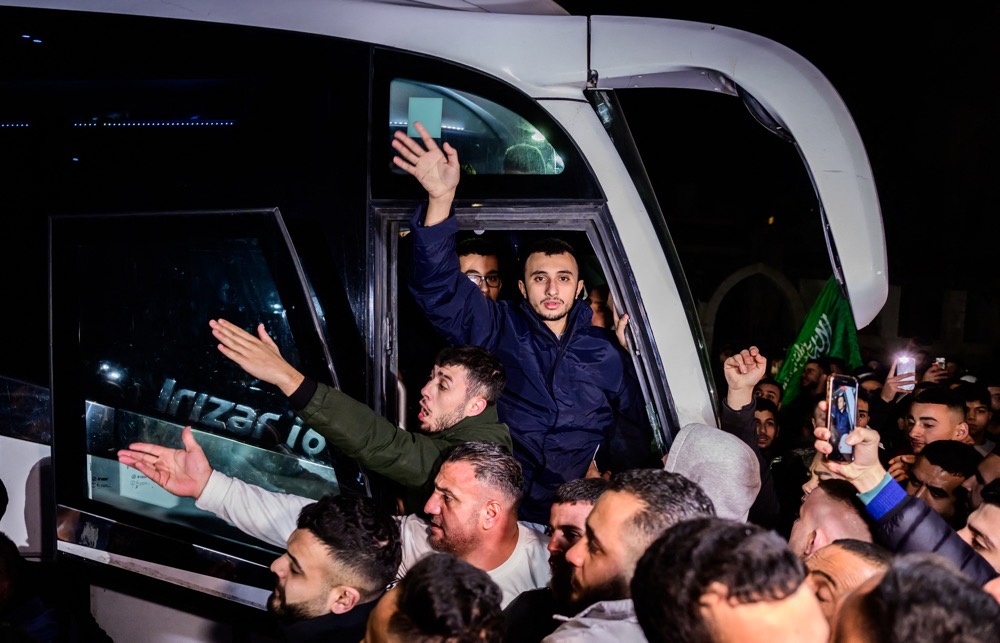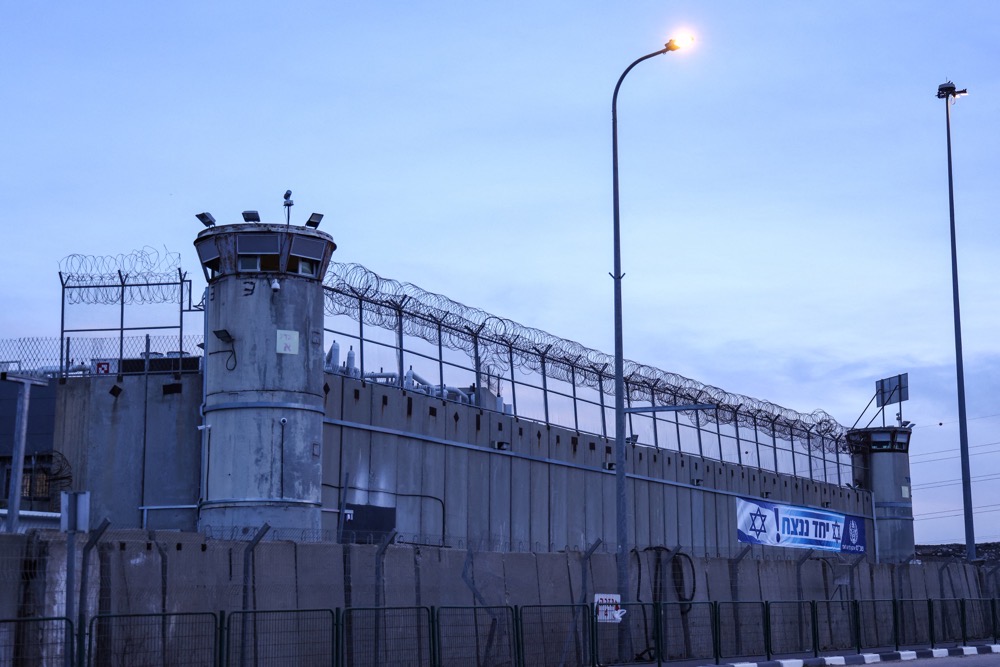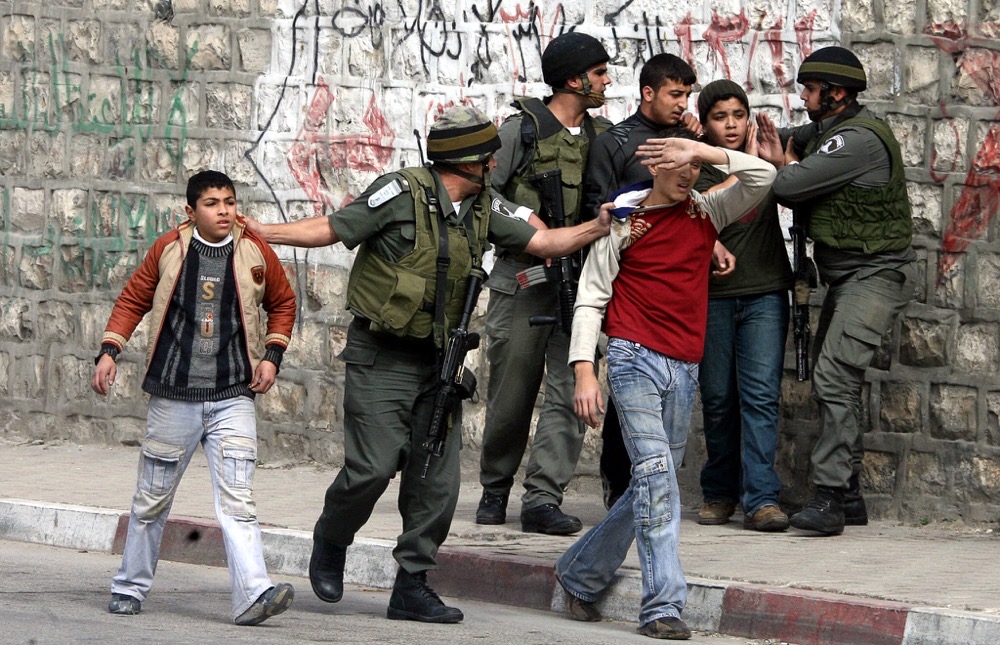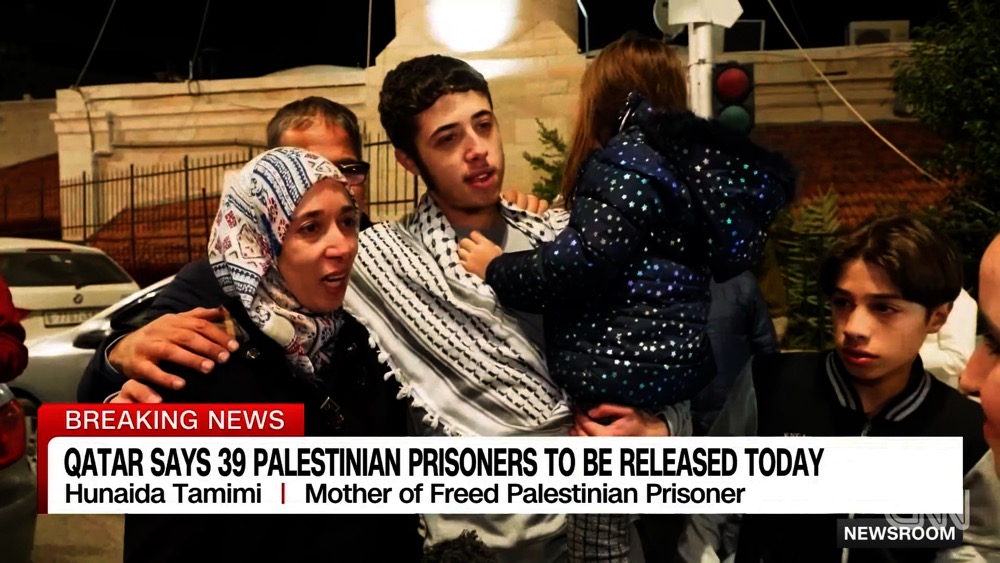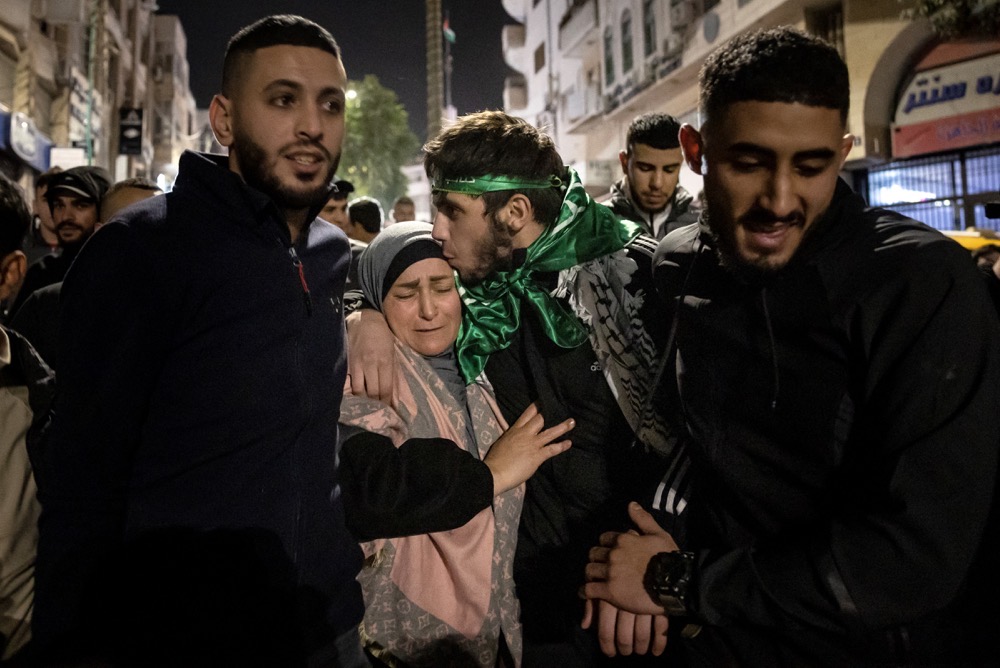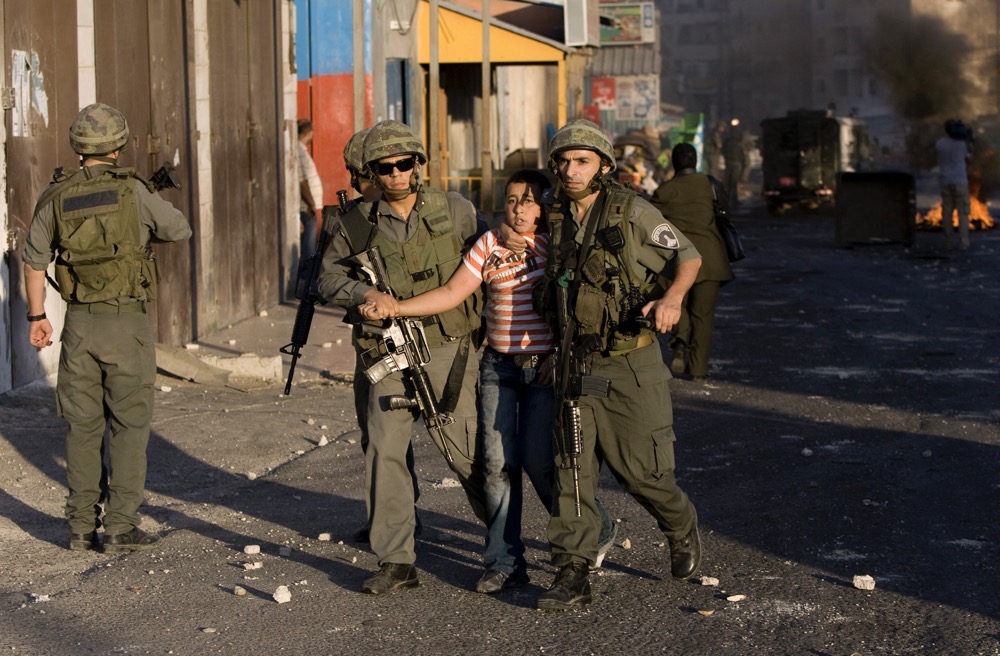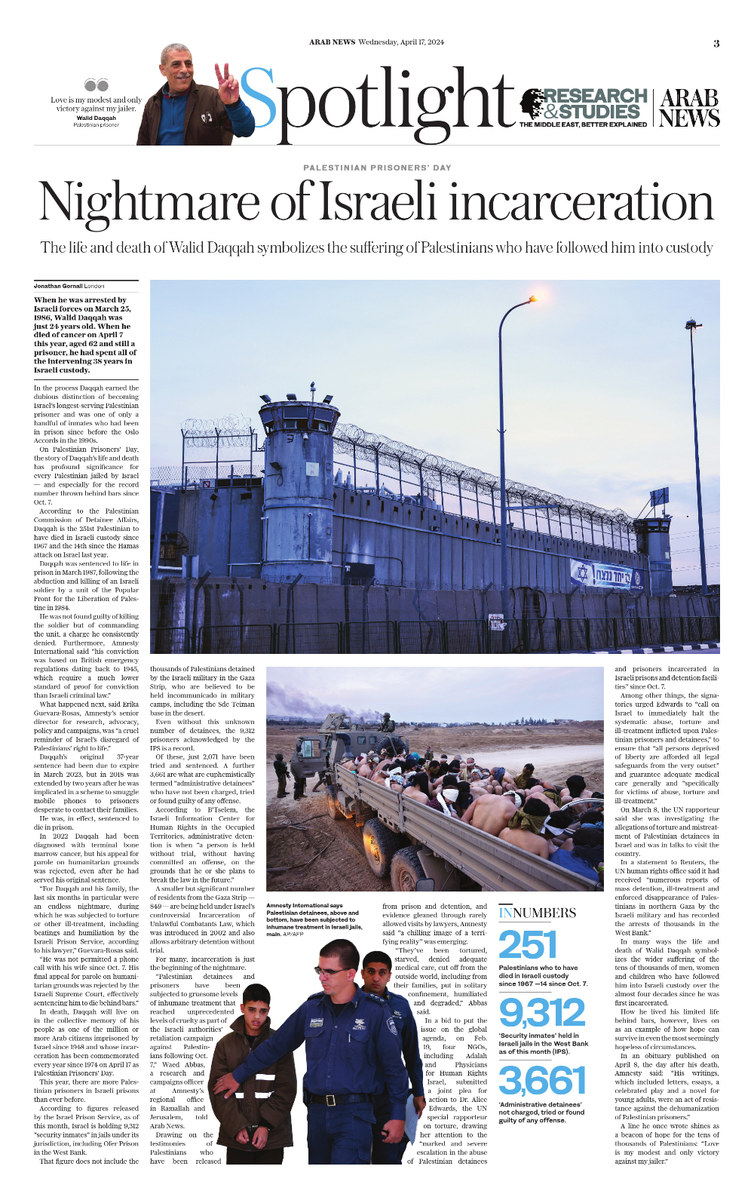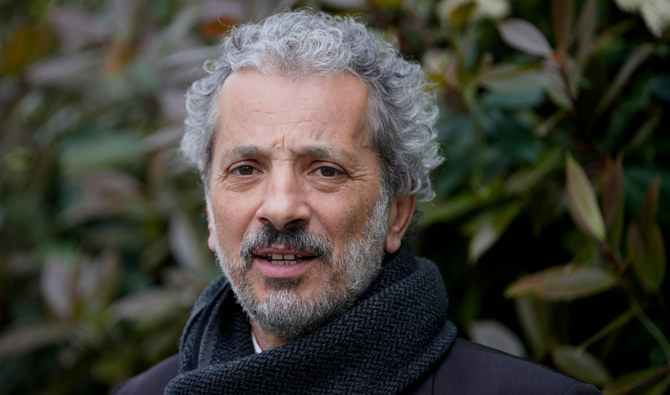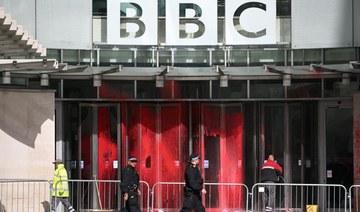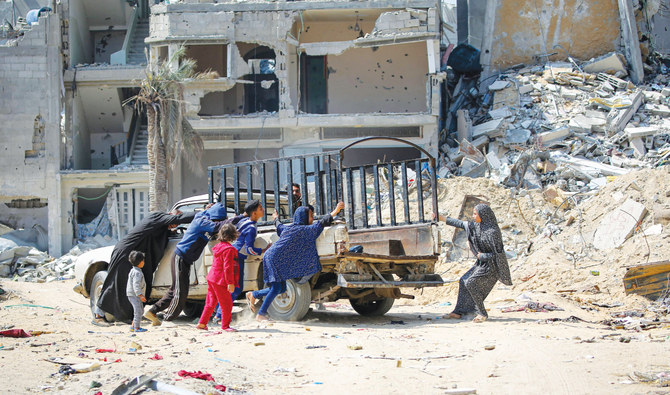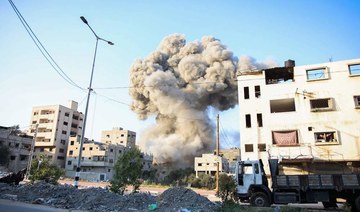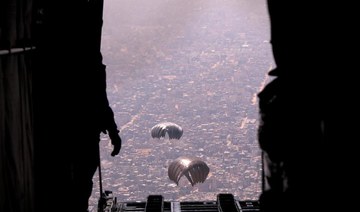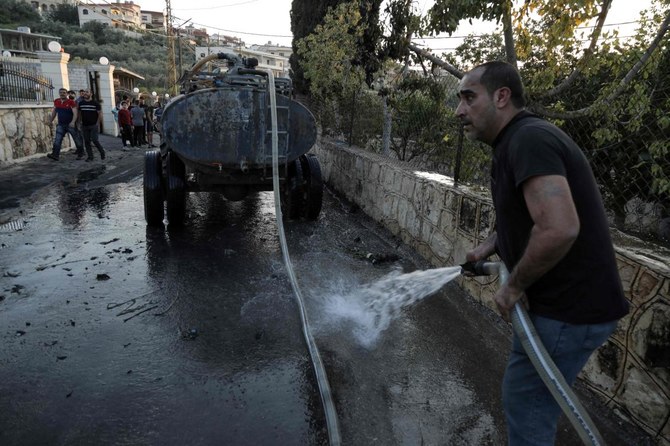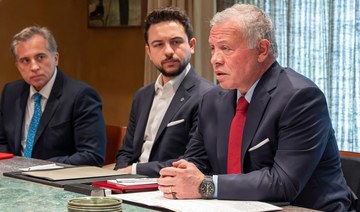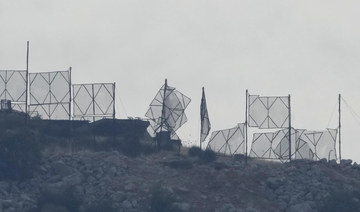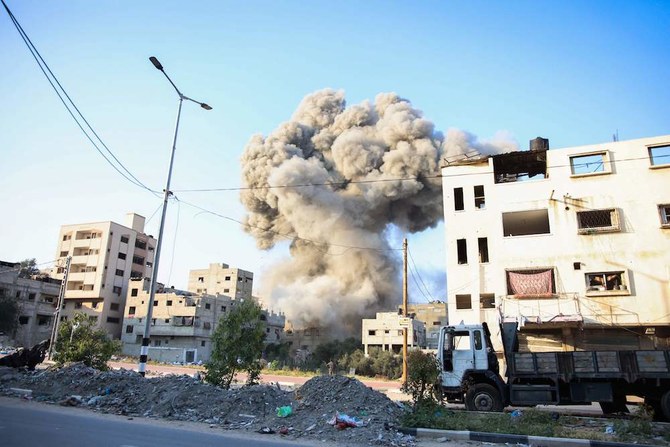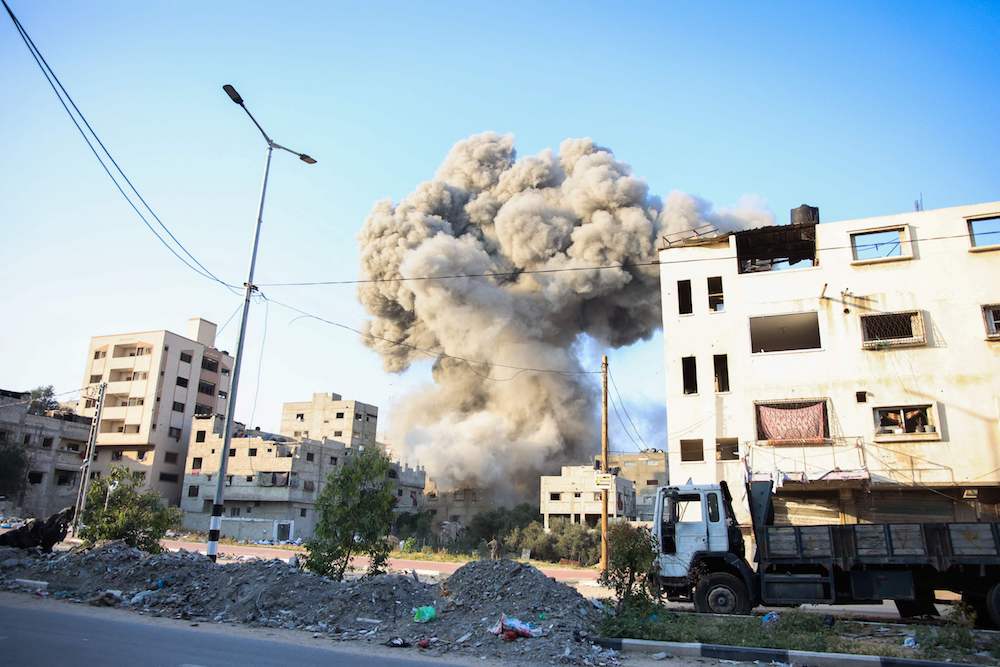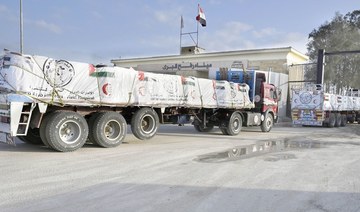ANKARA: With the Turkish military beginning a ground incursion into northeastern Syria on Wednesday, several villages in Tal Abyad and Ras Al-Ain, two Arab-majority towns in the region, changed hands.
The Turkish Army, accompanied by the Syrian National Army, reportedly reached a depth of 8 km by midnight, with some 109 YPG/SDF militants killed during the opening movements of Operation Peace Spring.
The operation was not harshly criticized by NATO, whose secretary-general said that Turkey has legitimate security concerns.
However, European Commission President Jean-Claude Juncker on Wednesday called Ankara to show restraint and halt its military operations in Syria.
“If the plan involves the creation of a so-called safe zone, do not expect the EU to pay for any of it,” he said.
In a press conference on Thursday, Turkish President Recep Tayyip Erdogan blasted the EU’s stance: “If you call this operation an invasion, then we could just open the gates and send 3.6 million Syrian refugees back to Europe.”
Erdogan guaranteed that neither the Turkish nor Syrian forces would harm civilians or their property in northern Syria.
“Anyone who wants to leave the YPG, we welcome them whether they are Kurds or Arabs,” he said.
Civilians of the region began escaping the unfolding chaos.
Simon Waldman, associate fellow at the British think tank the Henry Jackson Society and visiting fellow at King’s College London, said the ongoing operation is nothing less than an attempt to kill two birds with one stone: Solving the question of the future of Syrian refugees in Turkey while also dealing with the presence of the YPG, which Ankara claims is directly affiliated with the PKK.
“They are using Turkish troops and Syrian proxy militias to invade, set up a security zone of at least 30 km and resettle Arab Syrian refugees in the captured land. This is despite knowing that it will cause untold civilian casualties and displace up to hundreds of thousands,” he told Arab News.
US Republican Senator Lindsey Graham announced he planned to produce a comprehensive sanctions package against Turkey, hitting Ankara’s defense and energy sectors as well as top Turkish officials, including Erdogan.
In a tweet on Oct. 8, Graham warned Turkey of “sanctions from hell” if it carries an operation into northeast Syria, suggesting “wide, deep, and devastating sanctions.”
According to Waldman, the US sanctions package itself is strong, but ineffectual considering the mixed messages coming from Congress and the White House: “They are only effective when they together send a clear message along with international partners in Europe.”
Meanwhile, Iranian President Hassan Rouhani asked Turkey to consider dialogue rather than operations, and Iranian Foreign Minister Mohammad Javad Zarif called on Ankara to respect the territorial integrity of Syria. Ali Larijani, the Parliament speaker of Iran, cancelled his scheduled visit to Turkey.
“Despite the Astana Framework, Turkey and Iran’s wider geopolitical interests are not aligned,” Michael Tanchum, senior fellow at AIES, an Austrian research institute, told Arab News.
“Because of US support for the PKK-affiliated YPG in northern Syria, Ankara and Tehran had a mutual interest in removing the American presence from Syria. That mutual interest seems to have been eliminated by US President Donald Trump’s recent decision to allow a Turkish invasion of northern Syria,” he added.
According to Tanchum, Turkey’s strategic interests run against the unbridled expansion of Iranian influence from Iran’s western borders through Iraq and Syria to the Mediterranean.
“The rise of Iranian hegemony in this region is a long-term strategic problem for Turkey. Likewise, Ankara wants to continue expanding its influence in the South Caucasus and Caspian Basin. The eastward expansion of Turkish influence is jointly opposed by Iran and Russia,” he said.
Tanchum added: “While not outright enemies, Turkey and Iran have not yet transformed the Astana Framework into a long-term strategic partnership. Syria will now become a weathervane indicating the future direction of their relations.”
In a press briefing given on Thursday, former Turkish Prime Minister Ahmet Davutoglu, who is about to launch a new political party, said Ankara should be in contact with many different segments in Syria for the success of the operation.
“No single resident of the operational region should be otherized and harmed in this process. Turkey should try to win hearts of the Kurdish, Arab and Turkish communities for reaching the civil target alongside the military goals,” he said.
Turkey’s invasion of northeastern Syria began on Wednesday after US troops pulled back from the area, paving the way for Turkey’s assault on Syrian Kurdish forces, long been allied with the US.
The ministry said Turkish jets and artillery struck 181 targets east of the Euphrates River since the incursion started.
The Kurdish-led Syrian Democratic Forces said that Turkish air strikes and shelling had killed nine civilians in northeast Syria since the start of Ankara's offensive.
Five people, including a nine-month-old baby, were killed and dozens injured in shelling on Turkish border towns on Thursday, local authorities said, following Turkey's offensive on Kurdish forces in northern Syria.
Kurdish leaders on Thursday called on European countries to withdraw their ambassadors from Turkey in protest at Ankara's military operation against their forces in northern Syria.
A delegation from the Syrian Democratic Council (SDC) - the political wing of the Syrian Democratic Forces (SDF) - travelled to Brussels to urge the EU to take concrete measures to punish Turkey.
The EU has urged Turkey to halt the assault but has not taken any action, though the bloc's foreign ministers will discuss the crisis at a regular meeting on Monday.
"We want an urgent intervention on this crisis, and these attacks should be stopped quickly. Air space should be closed for Turkish flights so that air attacks can be stopped," senior SDC figure Ilham Ahmed told reporters in Brussels.
"All European states should freeze their relations by withdrawing their ambassadors from Turkey immediately."
The offensive has displaced more than 60,000 people in less than a day, a war monitor said Thursday.
The Syrian Observatory for Human Rights said large number of residents from the border areas of Ras al-Ain, Tal Abyad and Derbasiyeh had fled their homes, mostly east towards the city of Hasakeh.
Turkey says it intends to create a “safe zone” that would push Kurdish militia away from its border and eventually allow the repatriation of up to 2 million Syrian refugees.
Turkey's foreign minister said Turkish troops intend to move some 30 kilometers (19 miles) deep into northern Syria and that its operation will last until all "terrorists are neutralized," a reference to Syrian Kurdish fighters.
Briefing a small group of journalists on Thursday, Mevlut Cavusoglu said Turkish troops and Syrian opposition fighters would be strengthened with more security force officers, including police, if needed. He did not comment on how many troops had crossed the border or how many jets were involved in the offensive.
The minister reiterated that Turkey aimed to create a safe zone that would allow the "voluntary" and "safe" return of Syrian refugees or displaced people.
Britain called for restraint on Thursday after Turkey's military incursion into Syria, warning that the move risked humanitarian suffering and underming the fight against militants.
Foreign Secretary Dominic Raab said he had spoken to Turkey "to express the UK’s disappointment and concern about the military incursion into NE Syria, and call for restraint."
"The intervention risks greater humanitarian suffering and undermines the focus on countering Daesh (ISIS)," he added.
US President Donald Trump said on Thursday he was talking to "both sides" as Turkey pressed its offensive against US-allied Kurds in Syria, and warned Ankara that it would be hit hard financially if it did not "play by the rules."
"I am trying to end the ENDLESS WARS. Talking to both sides," he said on Twitter. "I say hit Turkey very hard financially & with sanctions if they don’t play by the rules! I am watching closely."
UN Secretary-General Antonio Guterres on Thursday called for a de-escalation of the conflict in Syria.
"I want to express my deepest concerns about the escalation of conflict in eastern Syria. It is absolutely essential to de-escalate," he told reporters in Copenhagen.
"Military operations must always respect the United Nation's chapter and international humanitarian law, and I am worried with the humanitarian concerns that exist in relation to not only casualties but also the displacement that is taking place," Guterres said.
A divided UN Security Council failed to agree on a statement following a closed meeting on Turkey's incursion into northeast Syria on Thursday evening.
The five European council members who called Thursday's meeting — there are 15 member countries — urged Turkey in a joint statement afterward "to cease the unilateral military action." They say it threatens progress against Daesh by a global coalition.
The Europeans warned that "renewed armed hostilities in the northeast will further undermine the stability of the whole region, exacerbate civilian suffering and provoke further displacements."
Russia's UN Ambassador Vassily Nebenzia, whose country is a key Syrian ally, told reporters that any council statement on Syria must address broader issues, including the presence of foreign forces in the country.
US Ambassador Kelly Craft told reporters that President Donald Trump "has made abundantly clear" that the United States "has not in any way" endorsed Turkey's decision to mount a military incursion in northeast Syria.
Opinion
This section contains relevant reference points, placed in (Opinion field)
French President Emmanuel Macron urged Turkey to immediately end its offensive against Kurdish forces in northern Syria, saying it risked boosting Daesh extremists.
"I condemn vehemently the unilateral offensive in Syria and I urge Turkey to put an end to it as quickly as possible," Macron said.
"This risks helping Daesh (IS) to rebuild its caliphate. This is the responsibility that Turkey is taking," he told reporters in the French city of Lyon.
NATO expects Turkey to show restraint in its military operations in northern Syria, Secretary General Jens Stoltenberg said on Thursday.
"I count on Turkey to show restraint and to ensure that their actions in northern Syria are measured and proportionate and avoid even more human suffering," Stoltenberg told journalists after meeting Greek Prime Minister Kyriakos Mitsotakis in Athens.
"We have to rememeber that we need to continue to stand together in our common fight against the common enemy, which is ISIS," Stoltenberg said, referring to Daesh.
He said a global coalition had made 'enormous progress' in the fight against the extremist group with swathes of territory the size of the United Kingdom being liberated from it.
Meanwhile, France's foreign ministry on Thursday summoned the Turkish ambassador to Paris over Ankara's air and ground offensive into Kurdish-controlled areas of northern Syria, a diplomatic source said.
"The ambassador in France was summoned in the early afternoon," the source said on the second day of the Turkish operation against Syrian Kurdish forces.
Turkey's ambassador to France Ismail Hakki Musa confirmed the reprimand. "I am (summoned), I'm going later on," he told AFP.
Egyptian President Abdel Fattah El-Sisi on Thursday criticised Turkey's military offensive against Kurdish forces in Syria, the presidency said.
In a meeting with Jordan's King Abdullah II, El-Sisi "affirmed Egypt's rejection of the Turkish aggression on Syria's territory and sovereignty," a statement from his office said.
El-Sisi warned the operation would have "adverse effects" on the "stability and security of the entire region".
Russian Foreign Minister Sergei Lavrov discussed the Turkish military operation in Syria's northeast with Iraq's president by phone on Thursday, Russia's Foreign Ministry said.
Moscow and Baghdad agreed on the need for stability on the eastern bank of the Euphrates and for Syria's territorial integrity to be respected, the ministry said in a readout of the phone call.
Iraq expressed its “deep concern” about the military operation in Syria's northeast and warned that a large number of civilians will be displaced as a result.
India called upon Turkey to “exercise restraint” and respect Syria’s sovereignty, its ministry of external affairs said Thursday. It also warned that Turkey’s actions could “undermine stability in the region and the fight against terrorism.”
Italian Foreign Minister Luigi Di Maio on Thursday summoned the Turkish ambassador over Ankara's ongoing offensive in northern Syria, a statement said.
The ministry called for an end to unilateral actions and recalled that the only lasting solution to the crisis in war-wracked Syria was through the United Nations.
Norway, a NATO ally of Turkey, announced Thursday it was suspending all new arms exports to the country after Ankara launched a military offensive against Kurdish forces in northern Syria.
"Given that the situation is complex and changing quickly, the foreign ministry as a precautionary measure will not handle any new demands for exports of defence material or material for multiple uses... to Turkey," Norwegian Foreign Minister Ine Eriksen Soreide said in an email sent to AFP.
On Wednesday, the Arab League warned that Turkey's attack could help Daesh “regain some of its force".
Regional foreign ministers will gather in Cairo on October 12 to discuss Turkey's intervention, the Arab League's assistant secretary-general Hossam Zaki said.
The Turkish invasion is widely condemned around the world.
(With AFP, AP and Reuters)






